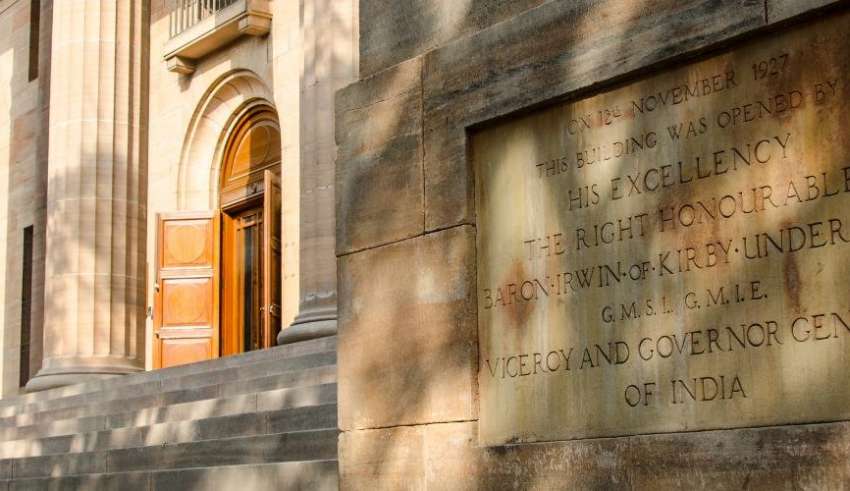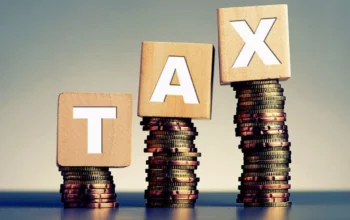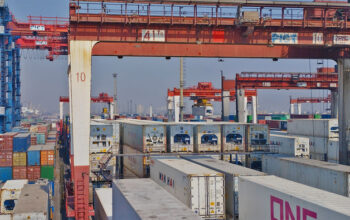By Staff Reporter
ISLAMABAD: Multinational companies in Pakistan are pushing the government to slash taxes and overhaul fiscal policies they blame for eroding profits, with sales declines of up to 30 percent across industries.
The Overseas Investors Chamber of Commerce and Industry (OICCI), representing over 200 foreign firms, has pitched a detailed reform plan to the Finance Ministry ahead of the 2025-26 budget.
The OICCI has called for the elimination of the 5 percent regulatory duty on telecom power equipment, including batteries, and exemptions for duties and taxes on infrastructure critical for 5G deployment.
It also urged the restoration of a zero-rated tax regime for the pharmaceutical sector to ensure affordable healthcare access. Additionally, the chamber proposed a reduction in the General Sales Tax (GST) rate from 18 percent to 17 percent, with a gradual 1 percent annual decrease to align with the regional average of 15 percent. It recommended harmonizing provincial GST rates on services to match this federal adjustment.
To bolster the dairy sector, the OICCI suggested slashing the tax on packaged milk from 18 percent to 5 percent to enhance nutrition and affordability. It also advocated for the restoration of zero-rated sales tax on local supplies under Export Facilitation Schemes, alongside reductions in Federal Excise Duty (FED) on aerated waters to 18 percent and on juices to 15 percent in the upcoming budget.
The chamber proposed declaring petroleum products as taxable supplies to enable input tax adjustments, a move complicated by widespread issues with fake or “flying” invoices, which reportedly siphon off Rs 3–3.5 trillion annually. To curb illicit trade, the OICCI urged the government to phase out tax exemptions for the Federally Administered Tribal Areas (FATA) and Provincially Administered Tribal Areas (PATA) within three years, implement a robust track-and-trace system, and impose stringent penalties on the illicit tobacco trade, which costs the exchequer over Rs 300 billion annually.
The FATA/PATA exemptions, initially introduced to spur development, have sparked political controversy. Despite inclusion in a prior Finance Bill, a cabinet member blocked their removal, extending the exemptions for the current fiscal year. Industrialists argue that goods produced in these regions are sold nationwide, leading to significant misuse, particularly in the steel and ghee/cooking oil sectors. FATA parliamentarians have consistently united to preserve these exemptions, complicating reform efforts.
To discourage the cash economy, the OICCI proposed demonetizing Rs5,000 notes and digitizing tax return filing by integrating it with other governmental data. It also recommended removing chemical dealers from the scope of Section 236G, as they are already taxed under Section 233, and ensuring all sectors—trade, agriculture, and services—contribute to FBR collections proportional to their economic size.
Pending tax refunds for OICCI members, exceeding Rs120 billion, remain a sticking point. The chamber requested monthly disclosures of refund recipients and the publication of import data by customs authorities to curb under-invoicing. With the FBR signaling potential tax relief for the salaried class, the OICCI proposed abolishing the 10 percent surcharge on individuals earning Rs 10 million or more monthly and raising the taxable income threshold to Rs 1.2 million. It also suggested mandatory tax return filing with a Rs 1,000 token tax for incomes above Rs 600,000.
On Personal Income Tax (PIT), the OICCI advocated eliminating the 10 percent surcharge, restoring tax credits for investments in mutual funds, IPOs, and life insurance, and reinstating deductible allowances for housing loans, education, and medical expenses. It further proposed capping taxation on company contributions to Provident Funds at 10 percent, removing the PKR 150,000 limit, and exempting expatriate Pakistanis and foreign nationals becoming resident employees from the 1 percent Capital Value Tax on foreign assets.
Copyright © 2021 Independent Pakistan | All rights reserved




